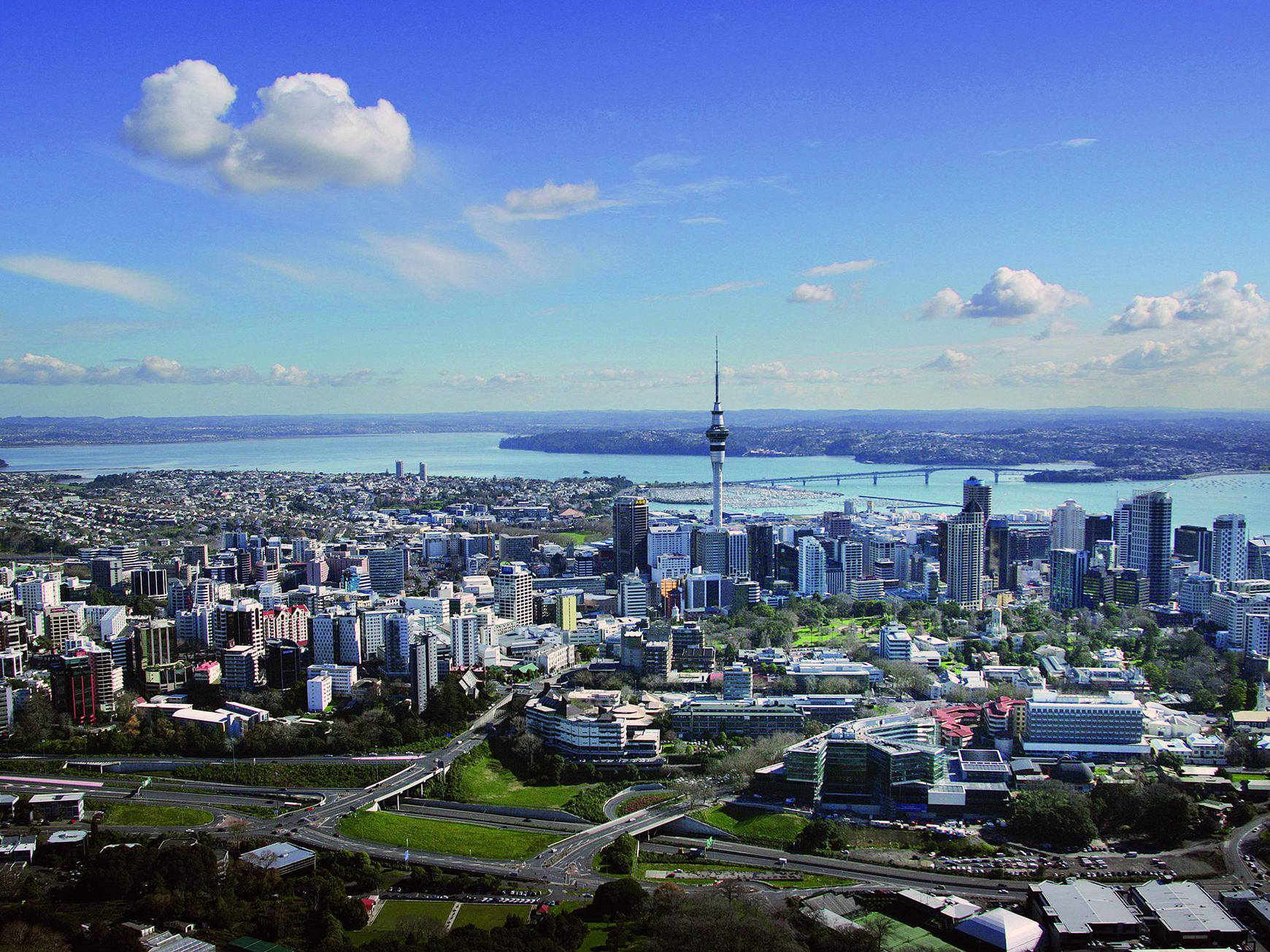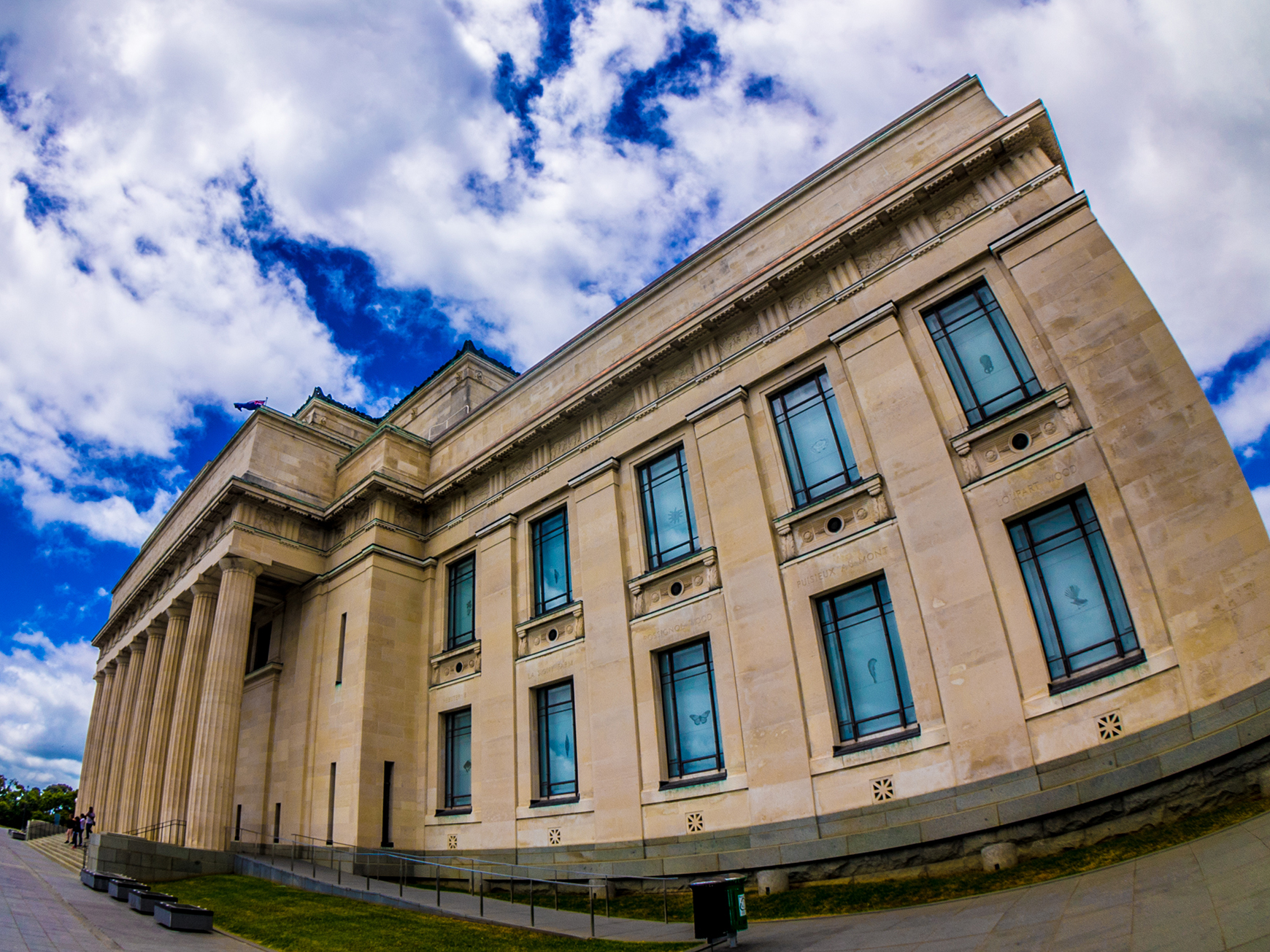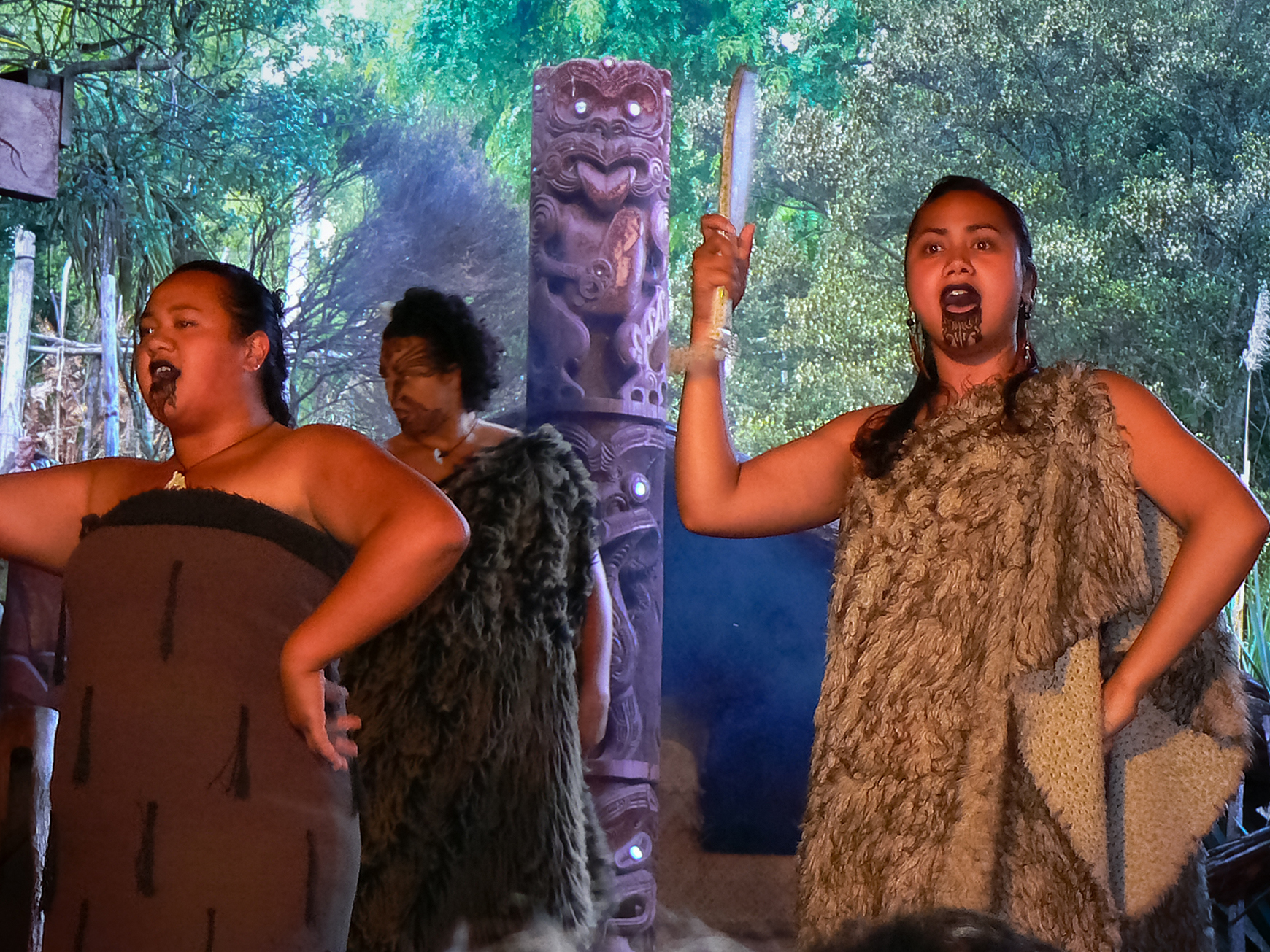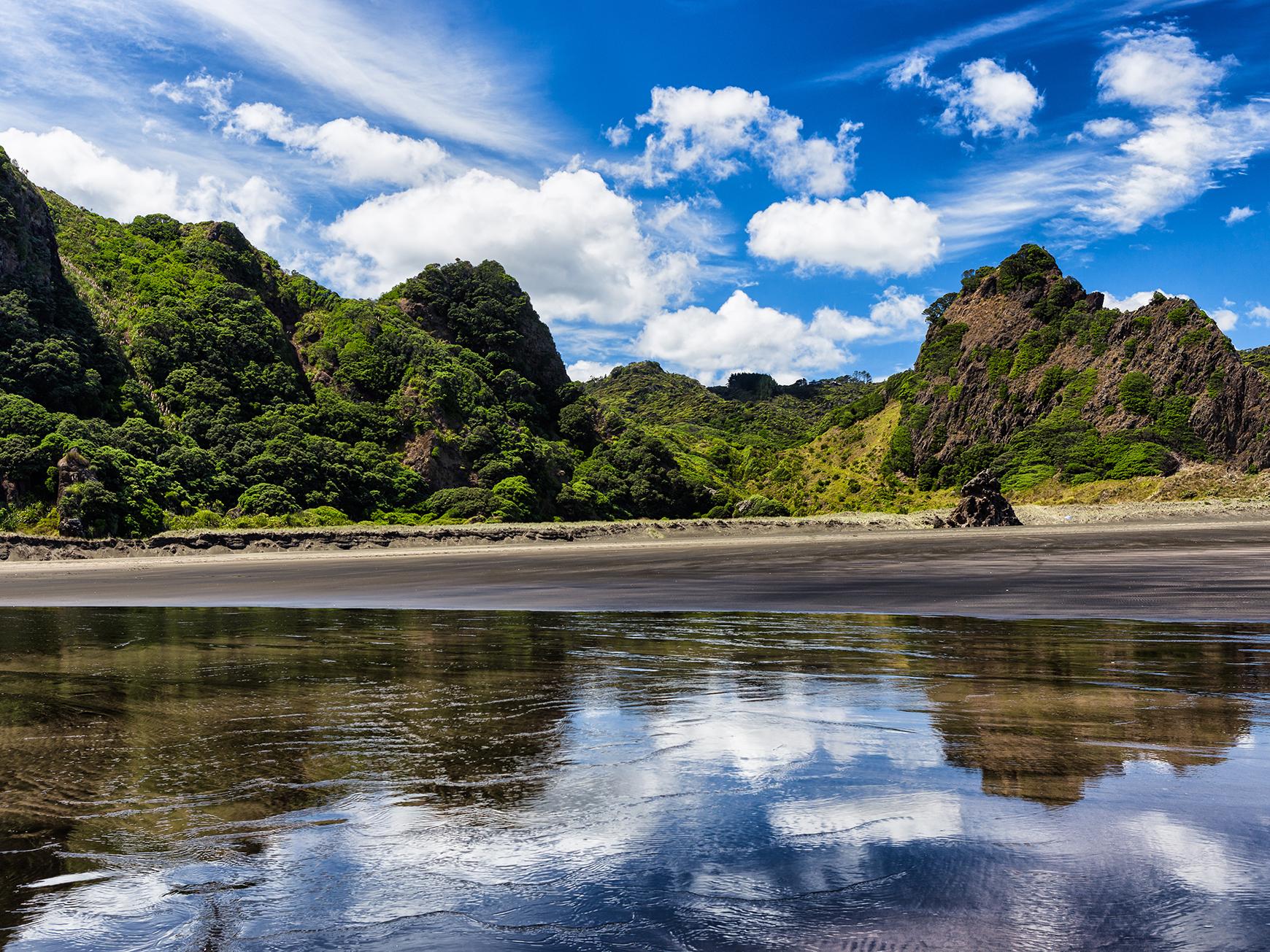Wellington, New Zealand
Screening New Zealand: Cinema, Globalization, and CAT
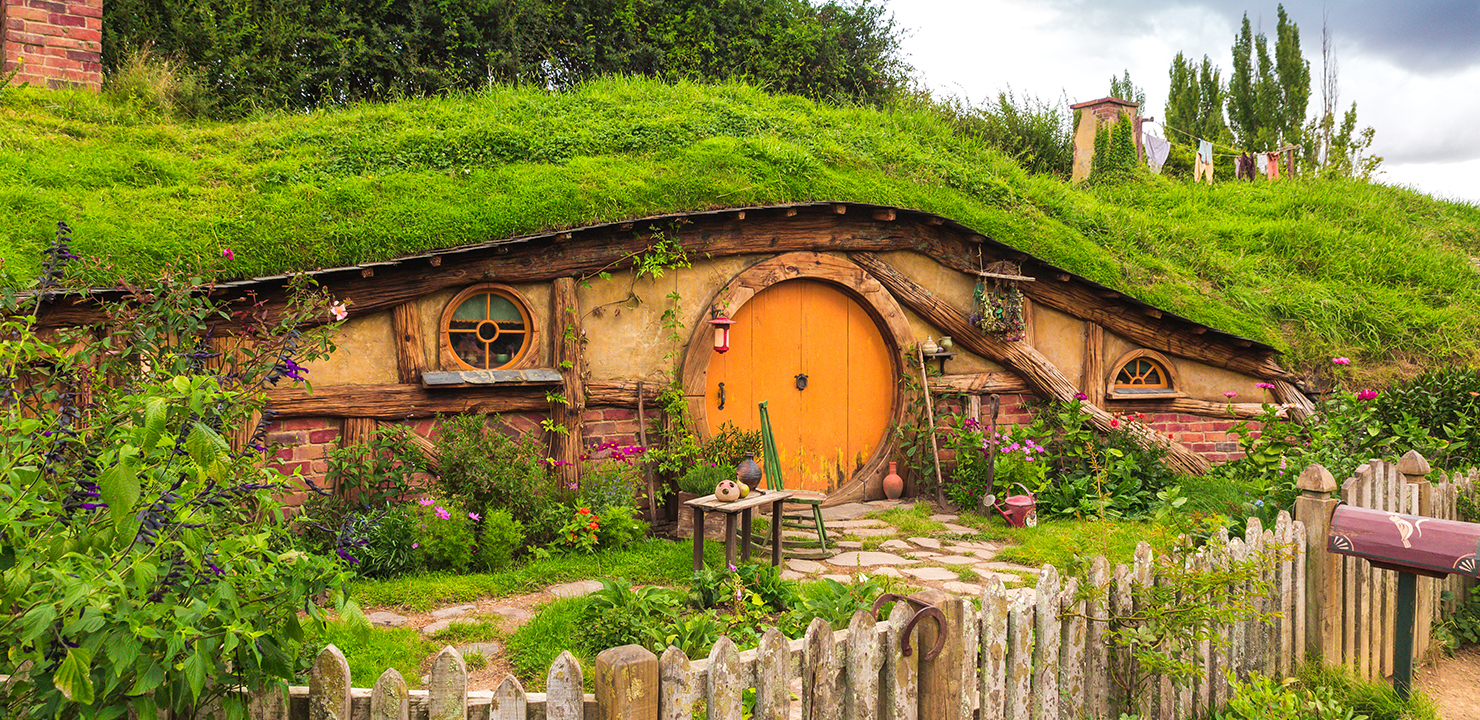

Program Overview
BUILD STORYTELLING SKILLS AND CINEMATIC INSIGHT IN A GLOBAL FILMMAKING HUB
Wellington is an exciting city, full of cultural history, and a hub of film culture, eco-tourism, and a meeting point of diverse stories of travel from around the world. As part of the program, visit wine country in the Marlborough region (South Island), and learn about Māori history and storytelling. In addition, visit an eco preserve, ride ferries, and take hikes. Spend ample time walking and wandering around Wellington and learning about topics ranging from Maori filmmaking and how film history is made and preserved, to understanding the ins and outs of environmental tourism. This is the ideal program is you like to hike, talk about travel, watch movies, and have ever wanted to check out New Zealand.
This global seminar program is offered in partnership with the University of California San Diego. Enrollment is limited to 28 students.
Apply for this program through UC San Diego, not the IFSA Student Portal.
Details at a Glance
Application deadline
Minimum GPA
2.00
Credit load
8 UCSD Quarter Credits
Housing
Residence Hall/Dormitory
Instruction language
English
Language prerequisites
None
Visa required?
Yes. Learn more.
Academics
The curriculum includes the following two classes:
New Zealand Stories: Travel and Storytelling
In this public rhetoric and practical communication class, students will use media narratives from stand-up to journalism, documentary, and TV episodes to explore how we tell stories about travel, using their experiences in Auckland as the fodder for much of their writing. From walking on a volcano to visiting museums, and wandering the city of Auckland, this class will interrogate how notions of travel are shaped by privilege, experience, and histories of a place. This will be an experiential, discussion, and workshop driven class. Use reflective strategies to inform your rhetorical practices of reading, writing, speaking, and listening. The final project will be a public-facing, online magazine (online), where each student researches and writes a longform journalism piece, centered on New Zealand and the themes discussed in class.
Filming Aotearoa/New Zealand: National Cinema & Post-Coloniality
This class focuses on the history and development of New Zealand’s national film industry, with attention to indigenous Māori filmmaking. The class will pair work such as Benedict Anderson’s Imagined Communities and more mainstream New Zealand films like The Piano (Jane Campion), with post-colonial theory such as Partha Chatterjee’s The Nation & Its Fragments and excerpts from Māori filmmaker Barry Barclay’s Our Own Image (including his concept of a Fourth Cinema). Making distinct use of the city of Auckland and its position in the New Zealand film industry, students will visit the Hobbiton, Auckland Film Studios, and explore filming locations that are sites of global productions such as King Kong and Lord of the Rings. Through reading theoretical texts, delving into the works of New Zealand filmmakers such as Campion and Taika Waititi, studio tours, and learning about New Zealand’s film history, this class will explore national film at the nexus national identity, colonization, indigenous filmmaking and activism, and globalization.
Instructor
Both classes will be taught by Phoebe Bronstein, Ph.D. Bronstein is the Director of Academic Programs for the University of California San Diego’s Sixth College and an Associate Teaching Professor in the Culture, Art, and Technology Program. She most often teaches classes on media history, race, and gender and her research focuses on intersections of race, gender, and place in American TV. Even though she studies American TV, she is an avid watcher of New Zealand murder mysteries and has been waiting for an excuse to teach about and travel in New Zealand. When not teaching or watching TV (obviously for work), you might find her walking and hiking all over San Diego. She has lived all over the US and loves to travel and when she was in college, she studied abroad for a year in England.
You will earn 8 UC San Diego quarter credits for this program.
TO APPLY & FOR MORE INFORMATION
Visit the UC San Diego website for the Screening New Zealand: Cinema, Globalization, and CAT program. Apply for this program through UC San Diego, not the IFSA Student Portal.
Contact Elly Vogt, UC San Diego Global Seminars Coordinator, by email or phone at 858.534.1123 to apply and for any questions regarding the program, its content, or requirements.
APPLICATION REQUIREMENTS
Eligibility
- You must be at least 18 years of age. Students under 18 may be accepted on a case-by-case basis.
- You must be currently attending or recently graduated from a U.S. or Canadian community college, technical college, two-year college, four-year college, or four-year university.
- You must have completed at least one (1) full-time year of study at your home institution before the beginning of the term.
Recommendation Letter
Not required.
TRANSCRIPT
Upon completion of your program, you may order a transcript online directly from the University of California San Diego.
FOR MORE INFORMATION
Contact Tonia Pizer, UCSD Global Seminars Coordinator, by email or phone at 858.534.1123 with any questions regarding the program, its content, or requirements.
Excursions
Activities and excursions are designed to pull you into the communities you visit and encourage cultural connections of every kind. There’s no extra fee to participate in these optional outings—everything is included in your program fee.
Below are a selection of activities and excursions from previous terms; options may vary for your program. Due to the seasonal nature of many of program activities, we cannot guarantee a specific activity or excursion will be available in a given term or program.
Activities
- Auckland Museum: Visiting the museum gives an overview of New Zealand, its place in the Pacific, and its people.
- Auckland Film Studio: Filming location for The Luminaries miniseries. While the show was set on the West Coast of the South Island, it was shot in Auckland. The 1860s world was re-created in Auckland—including the Dunedin streets and Quay, the township of Hokitika, the ship Godspeedand, and a remote cottage in the Arahura Valley.
- Rangitoto Island: Scenic Reserve managed by the Department of Conservation. Rangitoto is the youngest volcano, at just 600 years old, in New Zealand. It is predator-free, home to the largest pohutakawa forest in the world, and a safe haven for native birds. Māori have a strong association with the island. They have never lived there because of the arid, rocky terrain, but used the island’s summit as a lookout over the Hauraki Gulf in times of war, as well as a parrot reserve/haui-kaka. There are ancient burial caves located on the island which serve as a resting place for bones brought across from neighboring Motutapu.
- Waitakere Ranges and Karekare Beach: Filming locations for Hunt for the Wilderpeople and The Piano
- New Zealand International Film Festival: This national event enhances the appreciation of, and engagement with, global art and culture by providing access to a diverse range of high-quality film. A program of between 150-170 features are presented in Auckland and Wellington over a 17-day period.
Excursions
- Hobbiton Film Set
- Mitai Māori Village
- Polynesian Spa
- Buried Village of Te Wairoa
Housing and Meals
Housing
Residence Hall/DormitoryMeals
Self-CateringDetails
You will be housed in the YMCA City Lodge hostel. Each triple room has an ensuite bathroom and access to a shared kitchen with a microwave, refrigerator, oven, and stovetop. Internet access is included. There is no meal plan. You will purchase your meals or cook for yourself. However, a welcome lunch and farewell dinner are provided.
Dates and Fees
Get Started
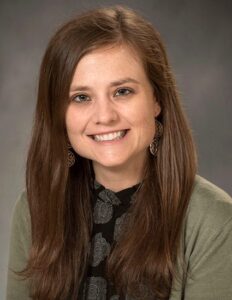
Brittany Brooks
Enrollment Counselor
